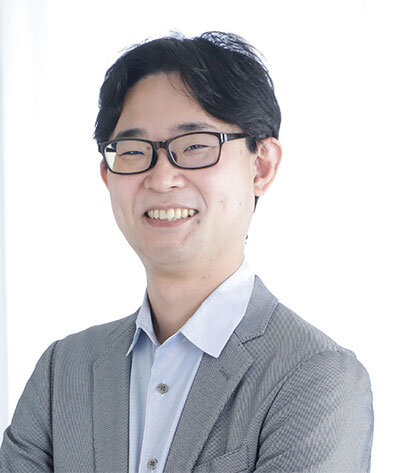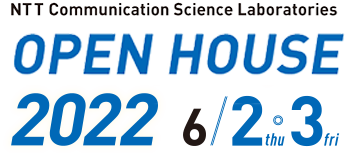Smart traffic coordination via digital twins
Future possibilities of distributed deep learning
Kenta Niwa
Learning and Intelligent Systems Research Group, Innovative Communication Laboratory
Learning and Intelligent Systems Research Group, Innovative Communication Laboratory
For the next innovation in the machine learning field, we aim to optimally control large-scale systems, e.g., IoT devices in the overall city, by learning collective intelligence from accumulated data on distributed devices. In this presentation, several research projects associated with smart traffic coordination via learnable digital twins are introduced.
Firstly, signal-free mobility project is introduced, in which a set of automated vehicles coordinates their traffic states (speed, position) without using traffic signals. This signal-free mobility project aims to realize a distributed control/prediction via digital twins, which will result in a reduction of transportation time to the limit while vehicles are collision-free. Our learnable digital twins consist of huge neural networks in a recurrent graph formalism; namely, vehicle nodes transition their states via connection with their neighboring. Our technological novelty is in the neural architecture, which originated from solving a constrained minimization problem by aiming destination while imposing collision-free constraints to keep a certain distance between vehicles.
Secondly, the asynchronous decentralized federated learning project is briefly introduced. The aim of this project is to learn collective intelligence, even if statistically biased data subsets are distributed on a set of data centers, which are asynchronously communicating with each other. Our algorithm originated from solving a constrained minimization problem to make model variables in local nodes identical. Through evaluation using image classification benchmark tests, it was confirmed that our algorithm is robust toward statistically biased data subsets and asynchronous communication.

Learning and Intelligent Systems Research Group, Innovative Communication Laboratory
Learning and Intelligence Systems Research Group, Innovative Communication Laboratory


